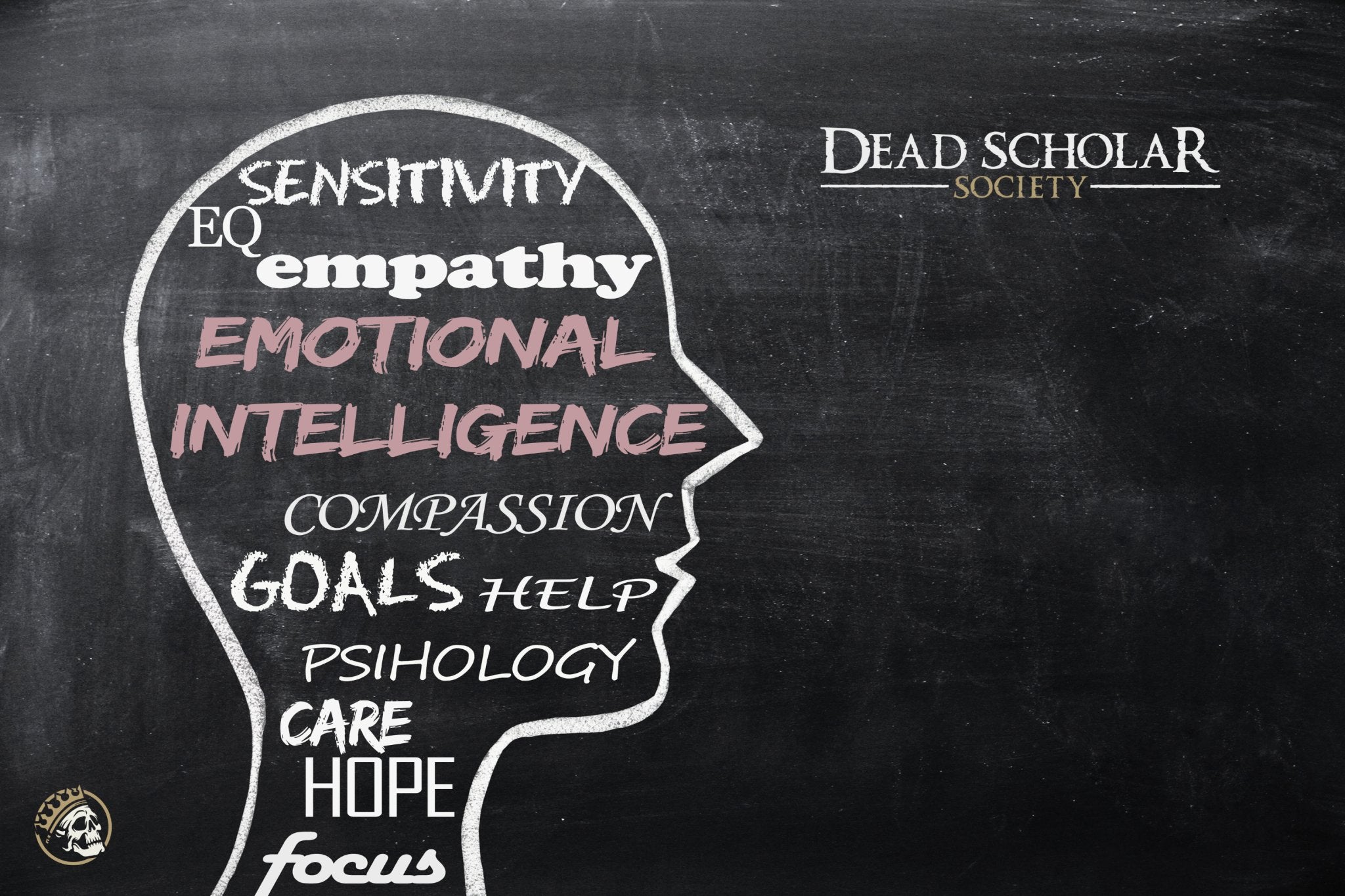
Top 5 Techniques for Controlling Emotions In Difficult Discussions
School Failed To Teach Us How To Regulate Our Emotions
Oftentimes at school we get chastised for letting our emotions take control, especially when we take it out on the school bully.
We typically get the emotional skills we learn through trial and error. As we move through life, we pick up ques from our parents and friends on how they handle their emotions. If our parents are poor at handling emotion's, we typically turn out the same way. Is it there fault? I think schools should be equipped to teach young people how to handle them. As situations arise, we need to learn the various ways we can react and how they can affect us.

Affects of Emotions On Men
Communication is a vital skill that plays a crucial role in both personal and professional relationships. For men, expressing emotions constructively can sometimes be challenging. However, with the right tips and tricks, we can learn to communicate effectively and navigate various situations with ease. In this blog post, we will explore some valuable communication advice backed by research and studies to help men improve their communication skills.
1. Active Listening
One of the most important aspects of effective communication is active listening. A lot of times, conversations can break down simply because one party or the other wasn't listening correctly.
It is easy to hear and comprehend what they said, but we often miss the meaning behind what they said.
When engaging in a conversation, make a conscious effort to truly listen to the other person. We want to be heard when we speak. If you make the conversation all about what you want to say, the other person won't feel heard and will likely check out of the conversation.
Avoid things like:
- Interrupting
- Formulating your response while they are speaking
- Anticipating what they will say
- Responding to what they said with heightened energy
Instead, focus on understanding their perspective and validate their feelings by paraphrasing or summarizing what they said. Make sure the other person agrees with your summarization before moving on. It is easy to hear and comprehend what they said, but we often miss the meaning behind what they said.
2. Use "I" Statements
When expressing emotions or discussing sensitive topics, using "I" statements focuses the way you feel rather than what the other person did wrong. Instead of blaming or accusing the other person, focus on expressing your own feelings and needs.
For example, instead of saying:
"You never listen to me,"
try saying,
"I feel unheard when I get interrupted and cut off."
This shifts the conversation away from accusation and blaming to something more about the way you perceive the situation. "I" statements make the conversation more understanding. We don't like making others feel bad, so expressing your feelings makes it more understanding.
3. Non-Verbal Communication

Non-verbal cues play a significant role in communication. Pay attention to your body language, facial expressions, and tone of voice. The key here is to make the other person comfortable and feel safe in the discussion. Some helpful tips to maintain good non-verbal expressions during emotional distress are:
4. Empathy and Understanding
Empathy shows that you are willing to think in the other persons shoes. You are willing to think outside of yourself and see it from their perspective. Show genuine interest in their feelings and experiences.
Follow These Guidelines:
- Think to yourself, "would I do the same exact thing if I were in their shoes?"
- Show that you are listening intently, and you care about what they are saying. If they mention their dead dog, then show them that you are bummed for them.
- Offer something you can do to help them. You can help them feel better, help them with their errands,
This will create a safe and supportive environment for open and honest communication.
5. Practice Emotional Regulation
Emotional regulation is the ability to manage and express emotions in a healthy and constructive manner. It is crucial for maintaining effective communication. Take the time to identify and understand your emotions before expressing them. Practice techniques such as deep breathing or taking a short break to calm yourself down before engaging in a conversation.
Using all of the steps provided above are crucial to effectively managing emotions during important conversations. We all have to communicate what we need in the world. If we don't do it properly, we often go unheard.
By implementing these communication tips, men can express their emotions constructively and strengthen their relationships. Remember, effective communication is a skill that can be learned and improved with practice. Start incorporating these strategies into your daily interactions, and you will notice a positive difference in your personal and professional life.
Follow us on our social media channels for daily inspiration, tips and tricks to control emotions, and stories from around the web about the coolest inventions and advancements coming out.
If you want to reach out and become part of our group, join us on Facebook and start a conversation with the other Scholars, share cool wisdom and knowledge, or just say "hi."
Let us know how you regulate your emotions, or tell us a story about the time you did/didn't handle them correctly.




Leave a comment
This site is protected by hCaptcha and the hCaptcha Privacy Policy and Terms of Service apply.